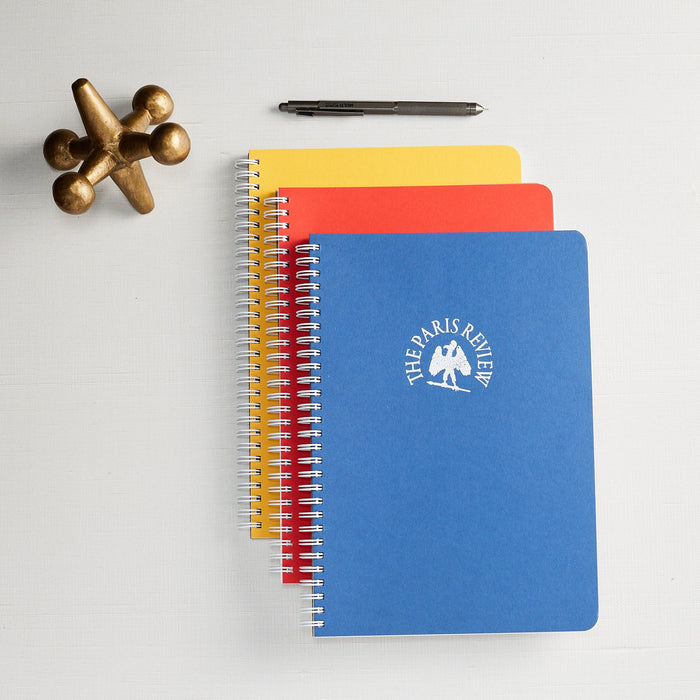Everyone is likely to have experienced the frustration of reading a book, paper, or article and then later struggling to recall any of the information that it contained. Without proper methods for retaining information, our minds can be like sieves.
To avoid wasted time, learn more quickly, and reduce frustration, it's vital to take useful notes when learning. The following three tips can be used immediately to improve your note-taking and provide rocket fuel for your learning process.
Tip 1: Keep an index of themes
When reading a source of information, your aims should be the following:
- Recognize and understand the key themes
- Link these critical themes to your existing knowledge, ensuring that the information is retained
For you to achieve these aims, it's vital to take the time to ensure that you truly understand the key themes of the source. This involves slowing yourself down and regularly checking your level of understanding.
A practical method for doing this is to maintain an index of the key themes. When you encounter and understand a new idea, list it in your index. Then when you meet further references to the subject, list the page number in your index. This routine ensures that you are continually linking new ideas to existing themes, creating a mental map.
The length of the index will depend on the length of the source and how densely packed it is with new ideas and themes. For physical books, the index can be written on a blank sheet of pa that can then be stored in the front of your book. For electronic sources, keep your index in a notebook or on a sheet of paper that can be retained for future reference.
Tip 2: Test yourself
A vital component of the learning process is testing. In order to create the neural connections critical for deep learning, you must stretch your brain's ability to recall information. You can think of this process as carving deep paths through your brain. By testing yourself, you are forcing your mind to retrace a path, making it even more profound. The deeper the path, the more likely you are to retain the information.
You can test yourself regularly by working back through your index. For each item listed, try to recall everything you can on the theme. Try also to remember any links between that theme and the previous themes in the index.
This process should be challenging. The struggle that your brain experiences in recalling information is necessary to carve the deep neural pathways that you desire. See each test as a challenge, trying your best to remember everything that you can.
Tip 3: Avoid autopilot
When reading a sophisticated source of information, it's easy to let yourself glaze over and autopilot the reading process. Although you may be understanding the words themselves, you don't necessarily understand the more profound concepts and themes.
To ensure that you don't autopilot, it's vital to acknowledge the importance of understanding the deeper concepts and themes. Ultimately, reading on a superficial and automatic level will provide you with a limited and temporary understanding of the information. This is, to put it simply, almost a complete waste of time.
Reading on a deep level allows you to develop a solid and unbreakable understanding. It removes the need to revisit the content, making the learning process far more efficient. Although it may seem like extra effort at the time, it will save you huge amounts of time in the long run.
Treat reading like a sport, aiming to perform at the best of your abilities at all times. Developing a mindset of high performance will ultimately prevent you from going into autopilot, ensuring that you learn at a superhuman pace.
Get Learning
By keeping an index, regularly testing yourself, and preventing autopilot, you can become a learning machine. Long gone will be the frustrations of forgetting, misremembering, and misunderstanding. Take the extra time to maximize your learning experience, and the payoff will be enormous. If you want to learn truly, make your learning as useful as possible.




Leave a comment